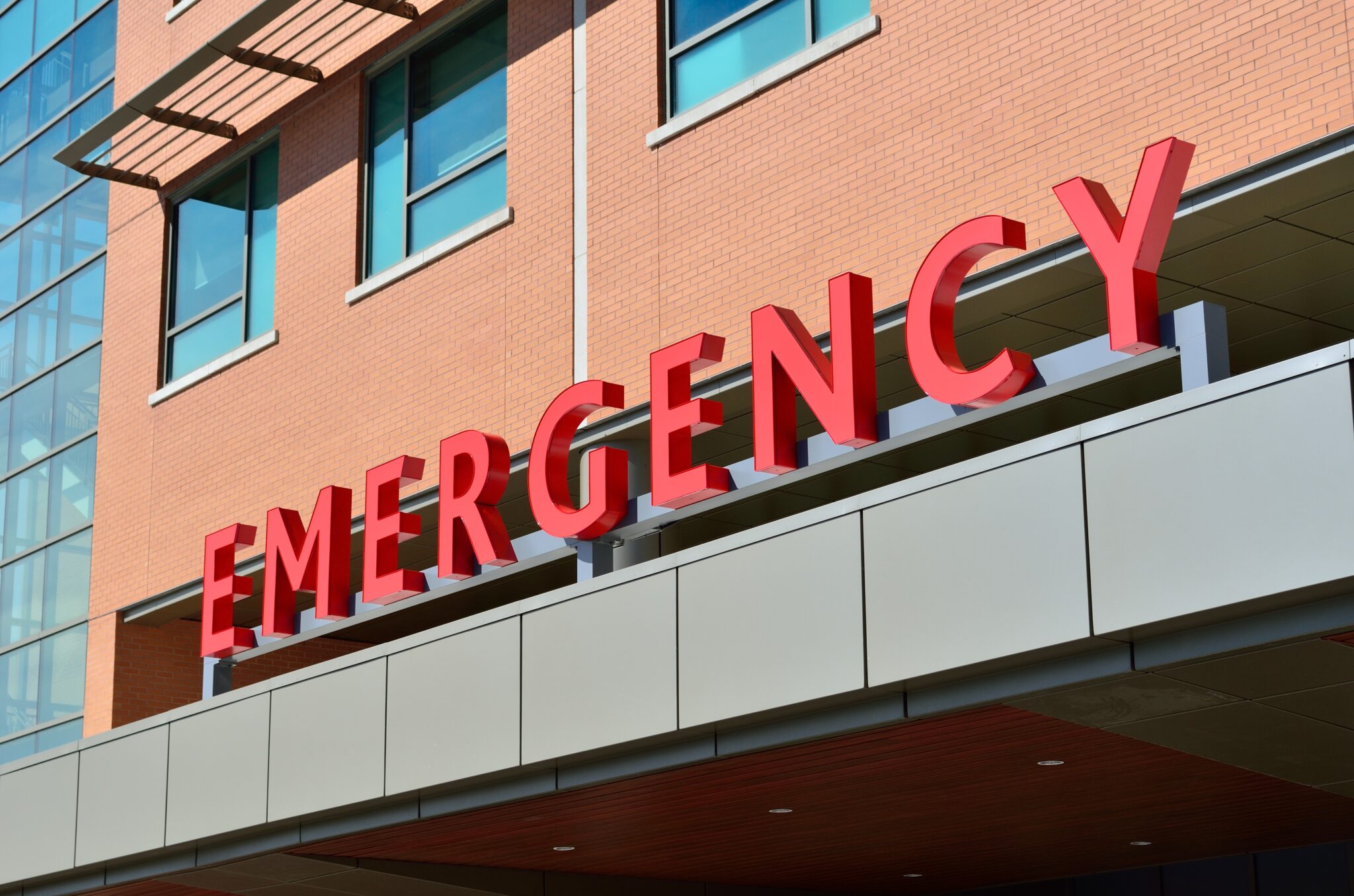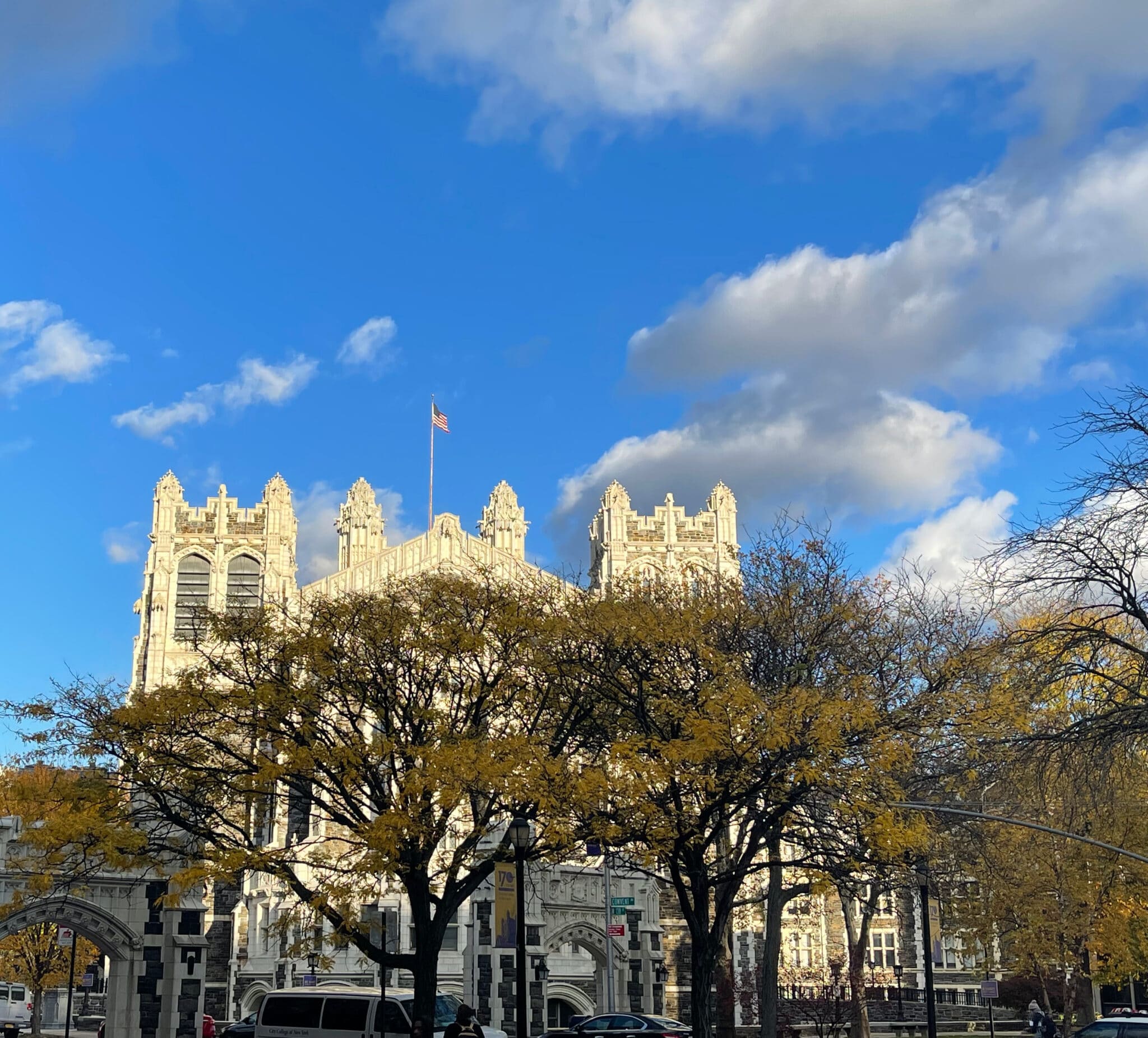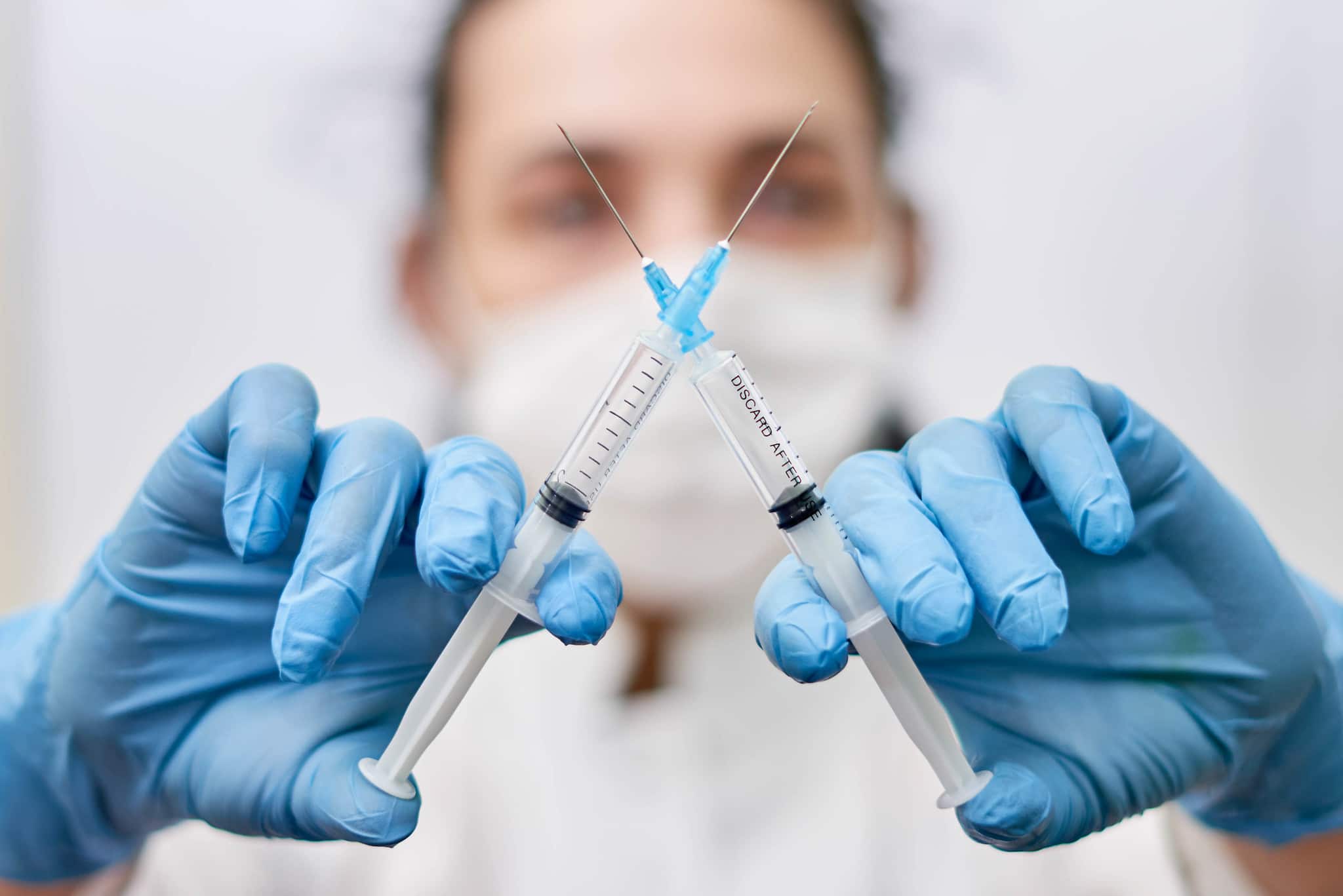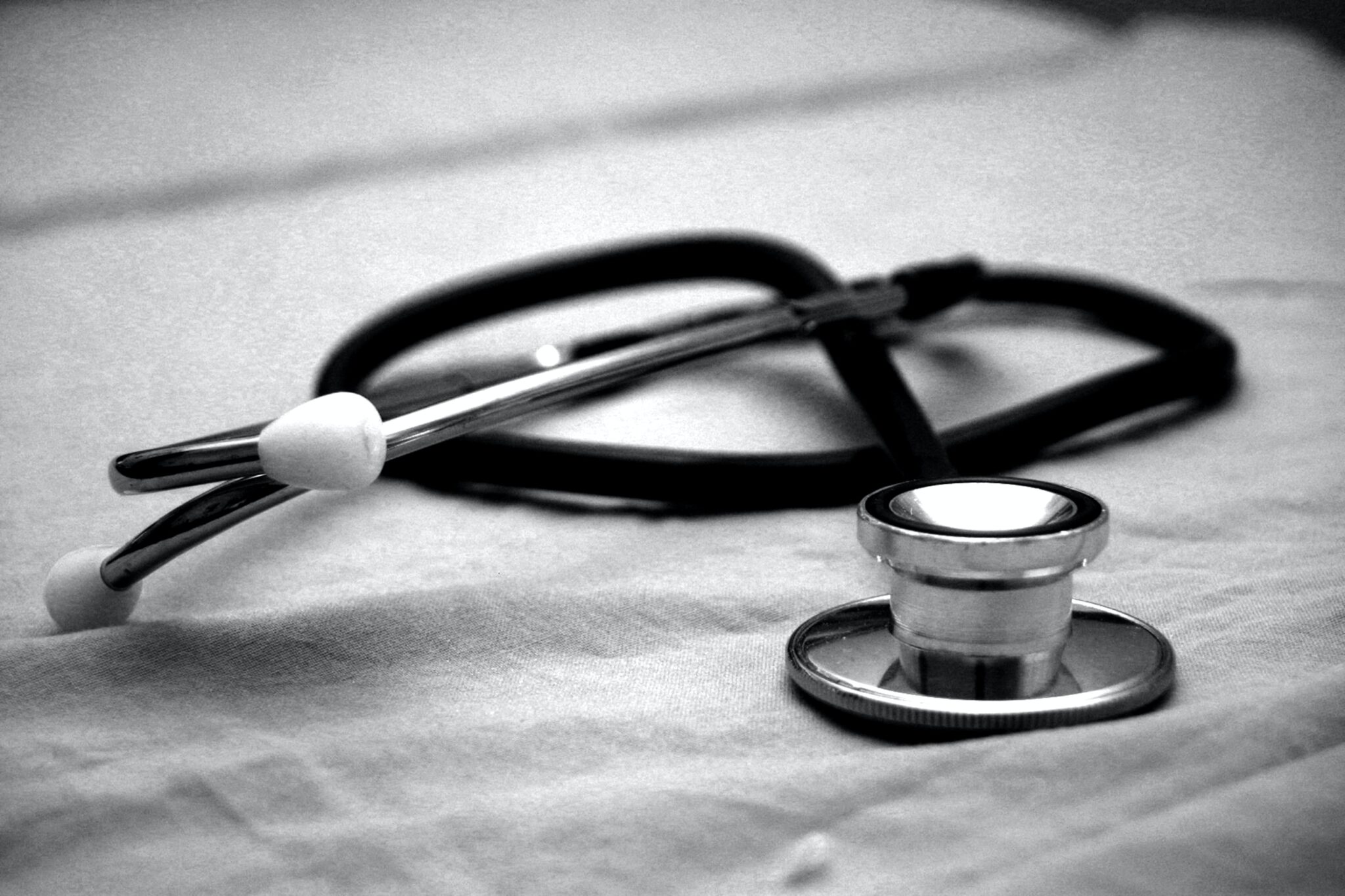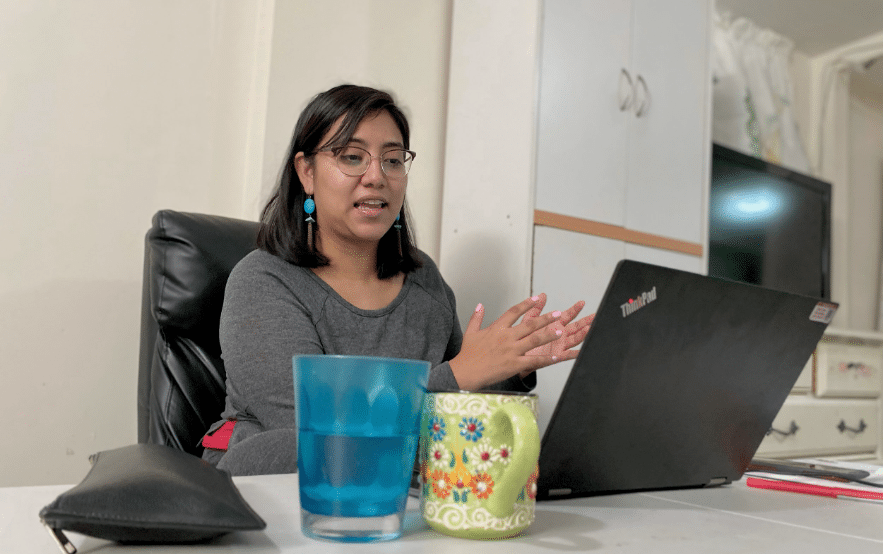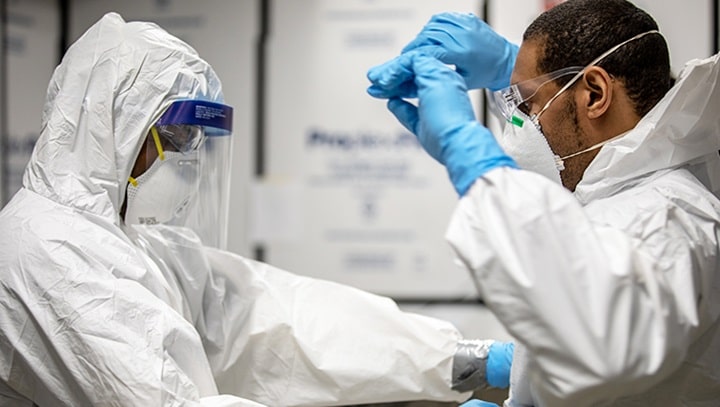In March 2020, Jenna Castanza had to drop her sick mom at the ER doors. Photo by form PxHere.
“Can you stop talking and drive faster?” my mother, Dori Whalen, said over and over to me as I rushed her to the hospital. She took deep breaths and checked her oxygen levels on the pulse oximeter. I could see how scared she was. It was her second trip to the hospital in one week. Every time she said, “I want to get there quicker,” she made me more nervous about what would happen once we got there.
This was late March of 2020, just as the pandemic began. Before this rush to the hospital, I got COVID-19 a few days after my mother, but I had to take care of her because there was no one else to help. At first, we had typical cold symptoms and felt better after a few days. We thought that was it and that we got lucky and only had mild cases. Little did we know that would change in the next couple of days.
My mom suddenly got extremely sick. My sister, Olivia Castanza, somehow did not get COVID-19, and mom made her go live with our dad. That’s when I became responsible for my mom. I made her meals—even though she could barely eat—cleaned the house, and once we knew I was fully recovered, did all the food shopping. I was the caretaker for about a month because my mother remained very weak even during her recovery.
During her first trip to the hospital, the nurses gave her Hydroxychloroquine, which has since been proven to be ineffective. When I brought my mom home from the hospital the next evening, she seemed to be doing better. She was a little stronger and was able to say a couple of sentences without running out of breath. The next day she woke up feeling just as sick, if not worse than she was before going to the emergency room. By now, I no longer was sick and focused all my attention on my mom.
I was trying to balance my schoolwork for the end of the semester. I had extreme exhaustion and horrible headaches. I was sleeping through all my Zoom classes and was late handing in most of my assignments. Luckily, my professors were understanding, and my grades were not affected. I experienced whole-body fatigue like never before. I had no appetite because I lost my sense of taste, and I couldn’t smell anything. Both were side-effects of COVID-19.
Mom was home when we celebrated her 58th birthday. When I say celebrated, I mean we called my sister and sang happy birthday with a candlelit cupcake. The next day was one of the scariest days of my life. I had to take her to the hospital again. There’s no feeling like seeing your mom struggling to breathe. St. Francis Hospital in Roslyn, Long Island was jam-packed with patients. I was not allowed in. My mom had her own room, but she felt isolated and very much alone. She said, “The doctors didn’t really come in unless they were dressed in head-to-toe hazmat suits. They would call me on the hospital telephone. No one wanted to come near a COVID patient if it wasn’t necessary. They would drop my food off and run out. If I got three visits a day, it was a lot.”
All I could think to myself is “why her?” She is a perfectly healthy adult, why is she one of the people who is getting so sick? The nurses gave her more Hydroxychloroquine and oxygen. The oxygen helped a lot. Since I was alone, my dad, grandma, and aunts called to get updates. My grandma ordered food to be delivered. But I could barely eat because I was so worried about my mom.
Miraculously, two days later, she was ready to come home. The nurses lined the halls of the hospital and cheered her on as they pushed her out in a wheelchair. My mom said “So many people were going into the hospital and not coming out. The nurses and doctors considered it a victory every time a patient went home.”
We considered it a victory too. She slowly regained her strength and energy. We spent days watching HGTV and cooking. My appetite was back, and I was so happy to see her back to normal. We learned that the coronavirus caused her to have pneumonia in both of her lungs and that’s why she became so sick. “I really thought I was going to die from this. I was planning on talking to you and your sister about what to do if I didn’t get better,” she said.
My stomach drops every time I think about what she went through. A year and a half later, my mom is completely back to normal. But COVID-19 and our experience made me realize you cannot take anyone or anything for granted, especially your health. Life can change in the blink of an eye, and you must be ready to adapt and step up to the plate no matter how scared you might be.
Tags: care-taker CCNY Journalism Coronavirus COVID-19 COVID-19 DIARIES Hydroxychloroquine Moms and daughters St. Francis Hospital The City College of New York
Series: Coronavirus
